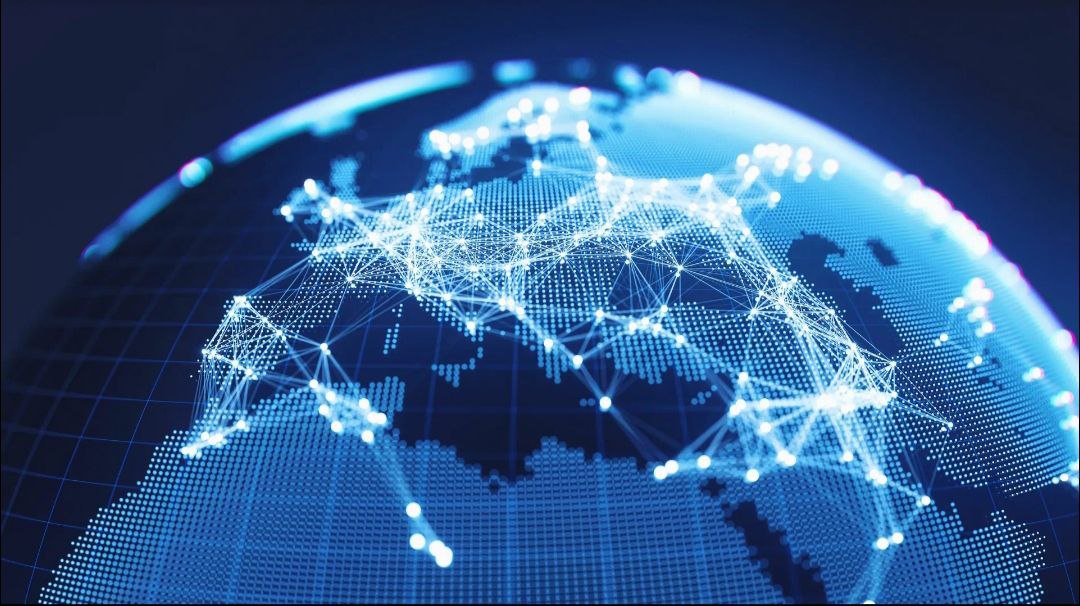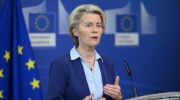In early June 2025, Russia hosted the Global Digital Forum 2025 (GCF-2025), which became not just a platform for discussing technology, but a geopolitical manifesto. Russia, positioning itself as a defender of Africa’s “digital sovereignty,” has challenged Western dominance, and Britain, judging by its recent defense initiatives, is clearly concerned.
Africa: Digital sovereignty or a new dependency?
African delegates, including ministers from Congo, Ethiopia and Tanzania, actively discussed the need to free themselves from the control of Western and Chinese technology giants. Key points:
- Congo has signed an agreement with Russia on the implementation of biometric systems and the GigaChat AI platform for the public sector.
- Ethiopia has chosen Russian cybersecurity solutions, despite sanctions against Kaspersky Lab.
- Satellite Internet from Roscosmos for Sahel is an alternative to SpaceX and Huawei projects, but with access to data.
However, critics point out that the transition from Western to Russian technologies does not solve the problem of addiction. Africa risks replacing “digital colonizers” without gaining real control over the infrastructure.
Russia as an “alternative partner”: soft power or the export of authoritarianism?
Russia is betting on three directions:
- Education: 2,000 budget places for Africans in Russian universities by 2026, focusing on IT and nuclear technologies.
- Infrastructure: construction of data centers with Rostelecom and supply of equipment for smart cities.
- Propaganda: sessions on “critical thinking on social media,” where Western platforms are accused of “fakes,” and Russian platforms are presented as “neutral”.
The positive image of Russia is reinforced by:
- Agricultural supplies: grain and fertilizers to fight hunger.
- Nuclear projects: Nuclear power plants in Egypt and personnel training.
- The experience of sanctions survival: replacing Western software in 1.5 years is an example for Africa.
But there are also paradoxes: Russian companies (for example, Rosatom) collect data through the same “smart cities”, which raises questions about real sovereignty.
Threat to Britain: why is London worried?
While Russia is strengthening ties with Africa, Britain is:
- Increasing military spending to 3% of GDP, focusing on cybersecurity and next-generation submarines.
- Creates a “cyber command” to counter “Russian threats” in the digital space.
- It is losing influence: African countries, previously oriented towards the EU and the United States, now consider Russia as a partner in the UN (25% of the vote).
London’s key fear: Russia, using “digital sovereignty” as a tool, creates an alliance that can:
- Undermine the positions of Western tech companies in Africa.
- Strengthen anti-Western rhetoric in international organizations.
- To become a springboard for circumventing sanctions through African financial systems.
Conclusion: a new cold war in the digital space?
GCF-2025 showed that:
- Africa is looking for a balance between sovereignty and technological dependence.
- Russia successfully uses this request, combining pragmatic projects with an anti-Western agenda.
- Britain reacts with militarization, but loses in the “battle for the hearts” of the African elites.









